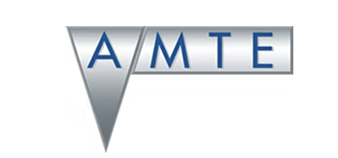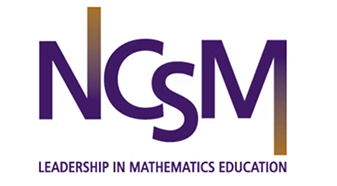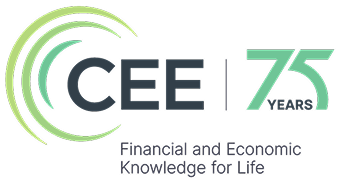Data types & forms
Recognize that data can exist as quantitative, ordinal, categorical, and other values. Data also can be “nontraditional” forms such as graphical or other media.
K–2 Competencies
Utilize both categorical and numeric data.
Recognize that data can be derived from many different forms of sources (e.g., photographs, written text, audio recordings, videos, people, and other non-traditional places).
Understand that data can be used to ask and answer questions.
Classroom resources
Data Science Starter Kit - Module 1: Data Dispositions and Responsibilities
Welcome to the foundation of data science education! This module focuses on developing the right mindset for working with data—both for you and your students.🔗
Data Dispositions and Responsibilities isn’t about memorizing definitions or learning technical skills. It’s about cultivating curiosity, healthy skepticism, and ethical thinking. These are the habits of mind that make everything else in data science meaningful and responsible.
3–5 Competencies
Distinguish when data is categorical versus numeric and define the difference.
Recognize that non-traditional forms (e.g., photographs, written text, audio recordings) of data are informative and supportive of inquiry.
Understand case structure as a way to identify the defining "case" of the data where a case is a data point which may have many variables associated with it, each with a possible value.
Classroom resources
Data Science Starter Kit - Module 1: Data Dispositions and Responsibilities
Welcome to the foundation of data science education! This module focuses on developing the right mindset for working with data—both for you and your students.🔗
Data Dispositions and Responsibilities isn’t about memorizing definitions or learning technical skills. It’s about cultivating curiosity, healthy skepticism, and ethical thinking. These are the habits of mind that make everything else in data science meaningful and responsible.
6–8 Competencies
Analyze the way categorical and numeric data shapes its interpretation and analysis.
Recognize that numerical variables may be either discrete or continuous.
Classroom resources
Data Science Starter Kit - Module 1: Data Dispositions and Responsibilities
Welcome to the foundation of data science education! This module focuses on developing the right mindset for working with data—both for you and your students.🔗
Data Dispositions and Responsibilities isn’t about memorizing definitions or learning technical skills. It’s about cultivating curiosity, healthy skepticism, and ethical thinking. These are the habits of mind that make everything else in data science meaningful and responsible.
9–10 Competencies
Define "qualitative" and "quantitative" and understand how they relate to categorical and numeric data.
Understand that forms of media (e.g., photographs, written text, audio recordings) can be represented in quantitative and qualitative terms.
Classroom resources
Data Science Starter Kit - Module 1: Data Dispositions and Responsibilities
Welcome to the foundation of data science education! This module focuses on developing the right mindset for working with data—both for you and your students.🔗
Data Dispositions and Responsibilities isn’t about memorizing definitions or learning technical skills. It’s about cultivating curiosity, healthy skepticism, and ethical thinking. These are the habits of mind that make everything else in data science meaningful and responsible.
11–12 Competencies
Recognize that multiple types of data can provide valuable insights into the same inquiry.
Classroom resources
Data Science Starter Kit - Module 1: Data Dispositions and Responsibilities
Welcome to the foundation of data science education! This module focuses on developing the right mindset for working with data—both for you and your students.🔗
Data Dispositions and Responsibilities isn’t about memorizing definitions or learning technical skills. It’s about cultivating curiosity, healthy skepticism, and ethical thinking. These are the habits of mind that make everything else in data science meaningful and responsible.
Advanced Competencies
Classroom resources
Support other teachers by sharing a resource
Do you have a lesson plan, video, or tip that could help others teaching this topic?
Share feedback on the Learning Progressions
Your feedback helps us improve these progressions for teachers around the world. Thank you!
Share feedback on the Learning Progressions
Your feedback helps us improve these progressions for teachers around the world. Thank you!
Share a classroom resource
Suggesting a resource helps students around the world learn essential data science skills.








.png)














